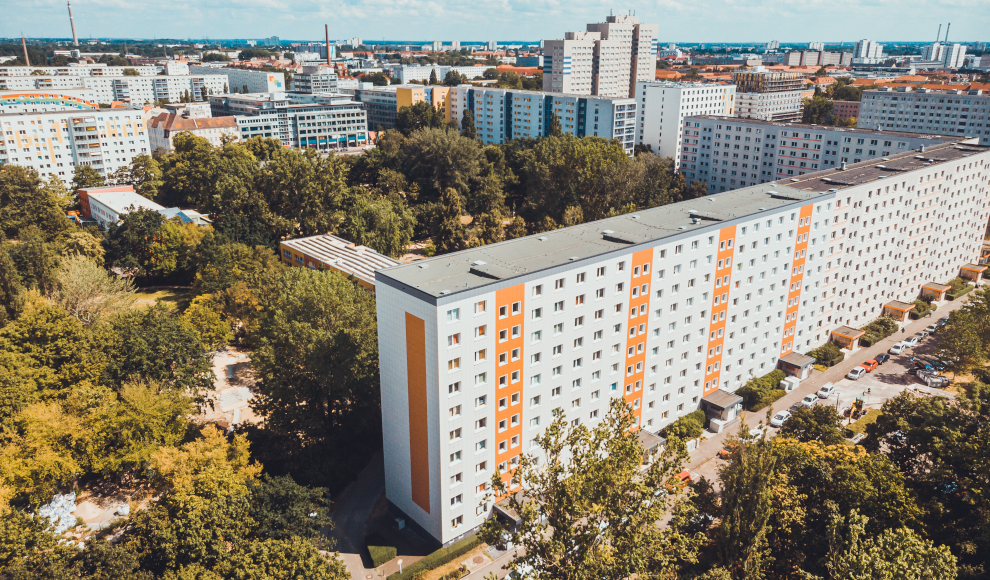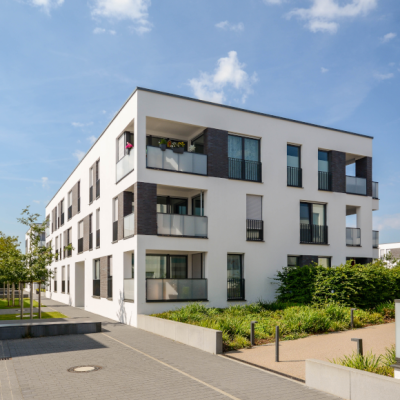The conditions of one’s living space have a significant impact on the aging process, with people living in rental apartments aging faster than those in owned homes, according to a study by researchers at the University of Adelaide. The study, which incorporates epigenetic information, survey data, and signs of biological aging, shows that housing policy plays a crucial role in promoting health. The study is based on data from the UK Household Longitudinal Study (UKHLS), which provides comprehensive information on the economic aspects of housing, including building type, rental agreement, and possible government support for tenants. The study also includes psychosocial aspects such as housing costs, arrears, overcrowding, and relocation intentions and preferences.
The researchers also collected health information from 1,420 people and took blood samples from the participants. Using the blood samples, the researchers were able to conduct a DNA methylation analysis that allows for conclusions about biological age. The comprehensive data shows that people living in rental apartments age faster than those in owned homes. The influence of renting is almost twice as large as the difference between employment and unemployment. The study also found that repeated rental arrears and exposure to environmental pollution were associated with faster biological aging when historical housing conditions were included in the analysis.
The researchers emphasize that this is an observational study that cannot explain causation. However, they stress that these results show that housing policy can strongly influence health promotion. They recommend that housing reforms should be a priority, as they can not only bring economic benefits but also improve overall health. The study highlights the importance of considering the health implications of housing policies and the need for further research in this area.







